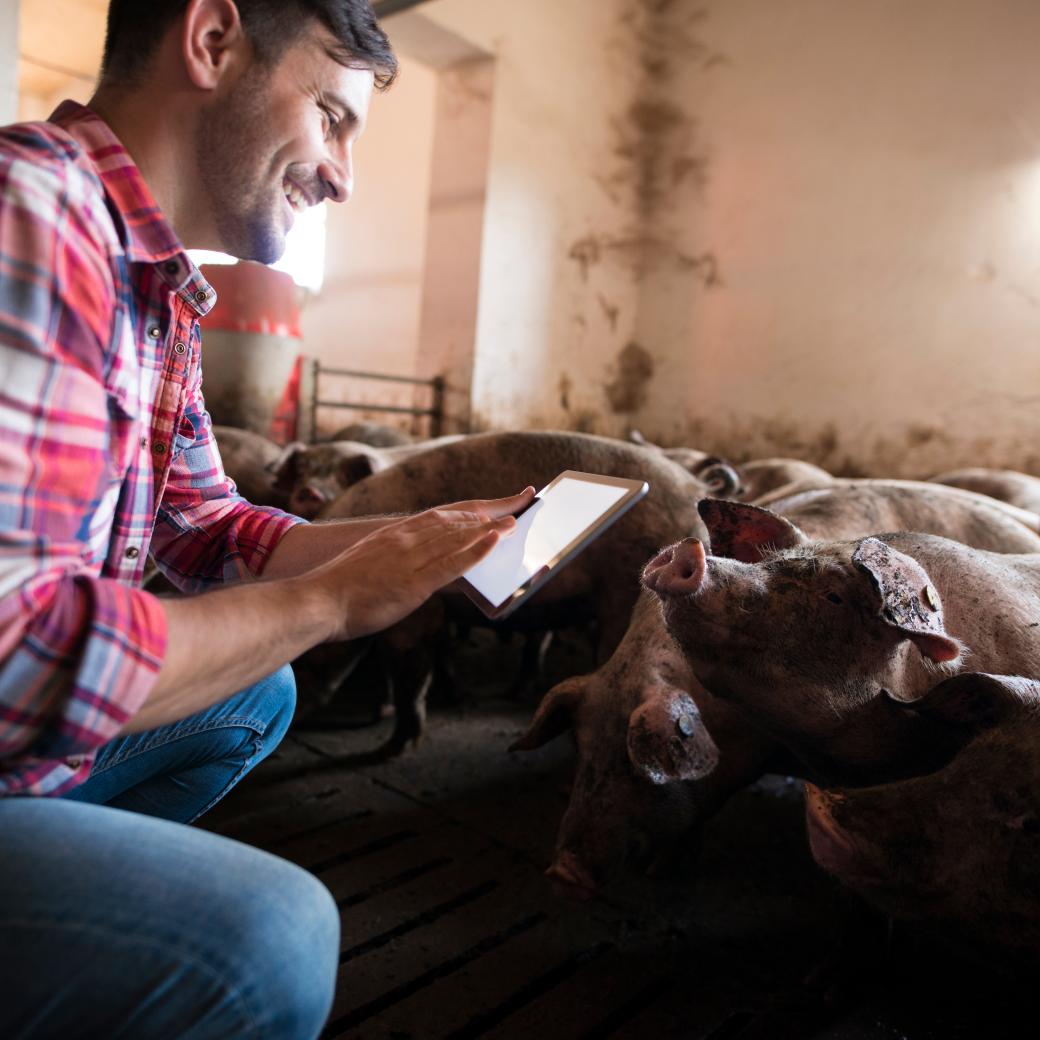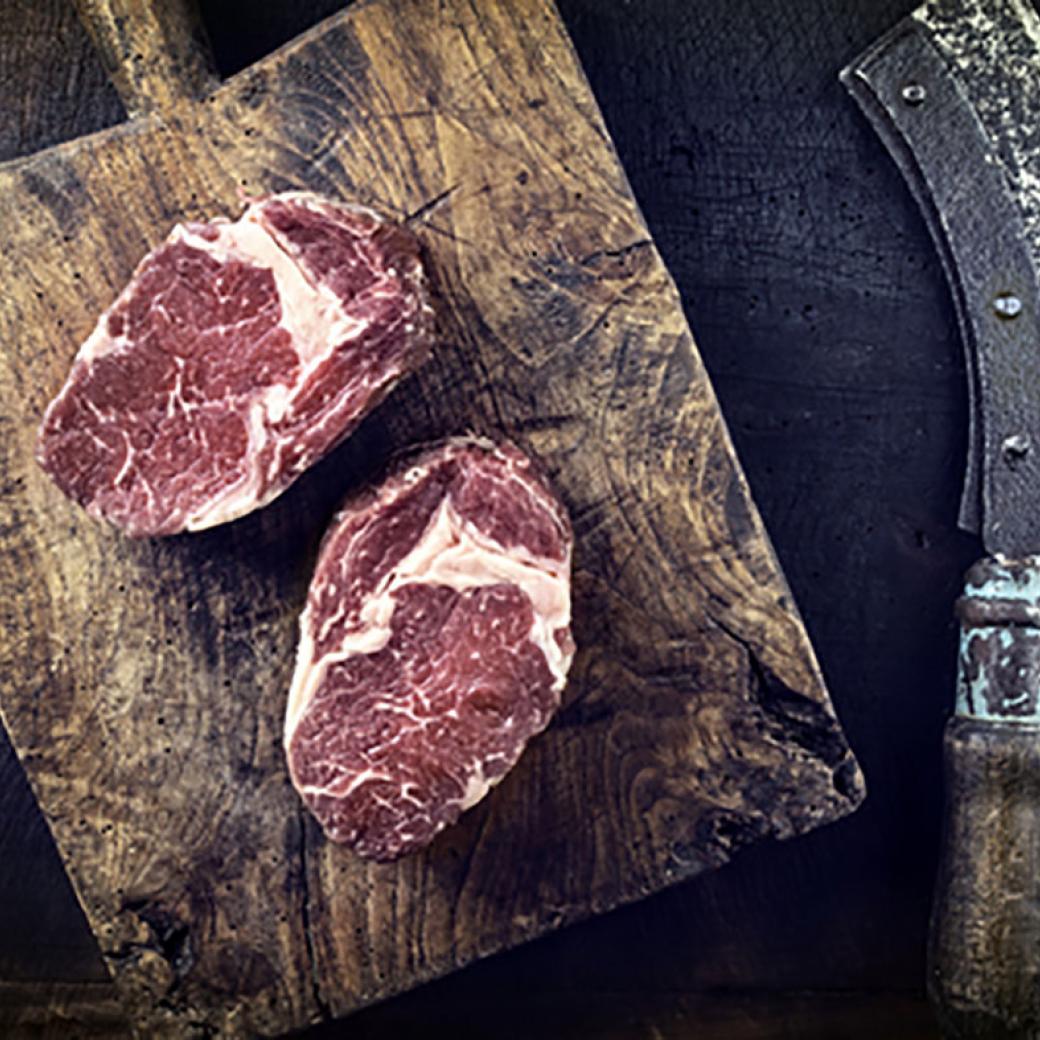CIRCOPACK

Safe and efficient food packaging within a circular economy
Why this project?
Food packaging is in for some big challenges in the coming years. On the one hand, they are crucial in maintaining the quality of the packaged product and can thus contribute to the reduction in food waste. On the other hand, companies are being confronted more and more with questions about the type of packaging regarding environmental friendliness (e.g. more litter) and safety (e.g. migration from recycled materials). This cannot be disconnected from the heightened attention for the circular economy in food packaging, with very ambitious targets within Europe.
All of this will lead to companies being confronted more and more with the question of which type of natural resource is optimum for packing their specific food. There are currently few or no specific studies available that include the entire chain (natural resource, use and end-of-life). In the decision-making process, multiple parameters must be considered, such as the required functions of the packaging, the possible sorting and recycling techniques, and how all of this will ultimately impact the sustainability of the packaged product.
Research approach
CIRCOPACK is a collective research, development and dissemination project (type COOCK) with the following objectives:
- Making it possible for companies to make a scientifically-based decision regarding the type of material for packaging foodstuffs (cardboard, plastic from fossil fuels, recycled or bio-based materials) and taking into account the sustainability and shelf life of the food in the specific packaging for the desired use
- Providing knowledge to companies regarding the performance of mechanical and chemical recycling techniques and evaluating to what degree these recycled materials are suitable for food packaging (quality, safety, environmental impact)
- Evaluating the environmental impact of bio-based materials throughout the entire packaging chain, including waste processing.
To obtain this objective, LCA studies (Life Cycle Analysis) will be used to compare various packaging alternatives for several selected foodstuff groups. For example, a comparison can be made between a plastic package vs a paper/cardboard package vs a combination of plastic and paper/cardboard package vs bioplastic, etc.
During the CIRCOPACK project, case studies will be developed for various types of foodstuffs in which the current, conventional packaging will be compared to alternative, sustainable (recycled/bio-based) packaging.
Target group and expected results
The project is geared towards producers of food packaging materials focused on plastic and cardboard, as well as food producers, sorting companies and waste processors.
The participating companies will have access to a scan (integrated in the Pack4Ecodesign tool) that, in a scientific manner, helps to make decisions regarding a (new) packaging concept and the impact on the shelf life of the foodstuff. This will help companies make a clearer choice in their packaging concept. The scan will also make it possible for companies to provide science-based motivations to their customers regarding their packaging choices.
CIRCOPACK will lead to closer collaboration between packaging producers, packaging users (food producers) and processors of packaging waste which, in time, will result in more efficient packaging innovations, with maximum sustainability of the combination food-packaging, and where, starting at the development of the packaging concept, the final recycling options will be considered (design for recycling).
Project partners
The project is managed and coordinated by Pack4Food and Flanders' FOOD. Various research groups and partners will collaborate to carry out the project:
- The Sustainable Systems Engineering (STEN) research group from Ghent University, under the supervision of Prof. Jo Dewulf
- The Center For Polymer & Material Technologies (CPMT) research group from Ghent University, under the supervision of Prof. Kim Ragaert
- The research group Industrial Biological Sciences (IBW) from Ghent University (Campus Kortrijk), under the supervision of Prof. Steven De Meester
- The Food Chemistry and Human Nutrition (NutriFOODchem) research group from Ghent University, under the supervision of Prof. Bruno De Meulenaer
- The Food Microbiology and Preservation (LFMFP) research group from Ghent University, under the supervision of Prof. Frank Devlieghere
- The Packaging Technology Center at Hasselt University, under the supervision of Prof. Roos Peeters
- SENSTECH-SENSNET vzw, managed by Inge Dirinck







